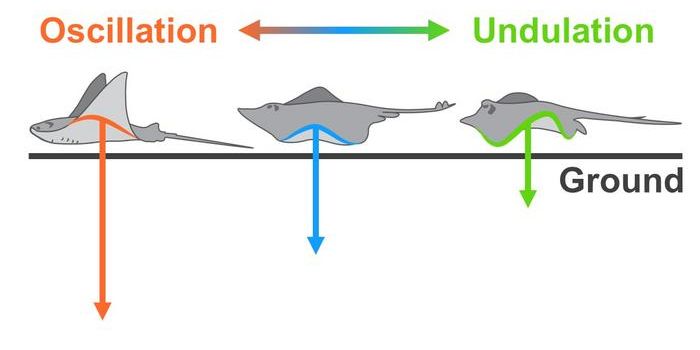More Beached Pilot Whales Turn Up in Indonesia
Whales of several different varieties are becoming beached—stranded on beaches—at what many would argue to be an alarming rate. Sadly, researchers aren’t much closer to identifying the root cause of this phenomenon, and so it continues to transpire across the globe with no apparent end in sight.
Image Credit: Pixabay
The latest of such occurrences purportedly took place just this past week in Indonesia. At least 17 pilot whales washed up on a beach on the Eastern side of the country on Friday, prompting immediate rescue efforts by locals in an attempt to save as many of the animals’ lives as possible.
The bulk of the beached pilot whales ranged anywhere from three to four meters in length, and from what we can gather, this was just small enough for beachgoers to work together in dragging most of the marine mammals back to the sea where they would then swim off to safety.
Unfortunately, seven of those 17 pilot whales didn’t survive the rescue attempts. Those that did are said to have suffered cuts and bruises on the undersides of their bodies as they got caught up on rocks and shells while being dragged back to the ocean by untrained local beachgoers.
Related: More than 145 whales become beached in New Zealand
While the rescue efforts were indeed crude at best, the surviving whales are now back in the ocean where they belong instead of suffering helplessly on the beach. Most of the deceased whales were buried, but one of them was allegedly butchered by locals for its meat.
While the exact cause of this beaching event is still unknown, officials managed to collect biological samples from some of the whales with the hope of shedding light on the mystery.
Several theories exist as to why large numbers of whales become beached. Some of the most viable ones include illness, navigational error, predatory stress, tidal timings, weather, or almost any combination of these. We can only hope that researchers can figure things out before population numbers dwindle into the danger zone.
Source: Phys.org









